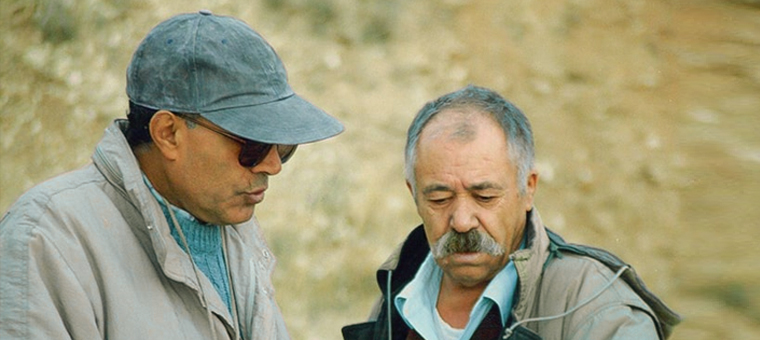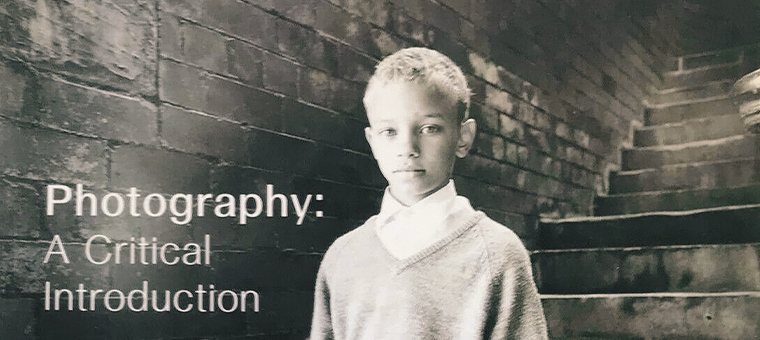I’m not entirely sure why one should write about “Taste of Cherry,” nor do I truly understand why Abbas Kiarostami makes films. If we view cinema as a modern structure that carries various intellectual currents, Abbas Kiarostami’s films serve as prime examples of works that defy categorization, good or bad—they simply follow their own path, telling their own stories.
For me, having neither personal acquaintance nor casual gatherings with Kiarostami, “Taste of Cherry” holds no particular meaning. The form, content, and even the narrative remain exclusively in the filmmaker’s grasp, much like a private family video whose meanings and references remain elusive to outsiders. By this measure, all of Kiarostami’s films are created neither for audiences, nor critics, nor any external purpose; rather, they are personal expressions of poetic visuals and intimate framing.
Abbas Kiarostami, along with filmmakers who seemingly follow his approach and devoted audiences alike, enjoys observing one individual’s personal fascinations and acting upon ideas they might not even fully grasp themselves. To us viewers, “Taste of Cherry” may signify nothing, but for Kiarostami himself, it undoubtedly carries numerous meanings—as if Abbas found in creating “Taste of Cherry” an opportunity to humorously engage with the concept of death.
Caught somewhere between tradition and modernity, Abbas Kiarostami remains neither modern nor postmodern, nor does he firmly hold onto traditional roots. Consequently, much of his immense creative potential remains obscured by internal conceptual confusion.






